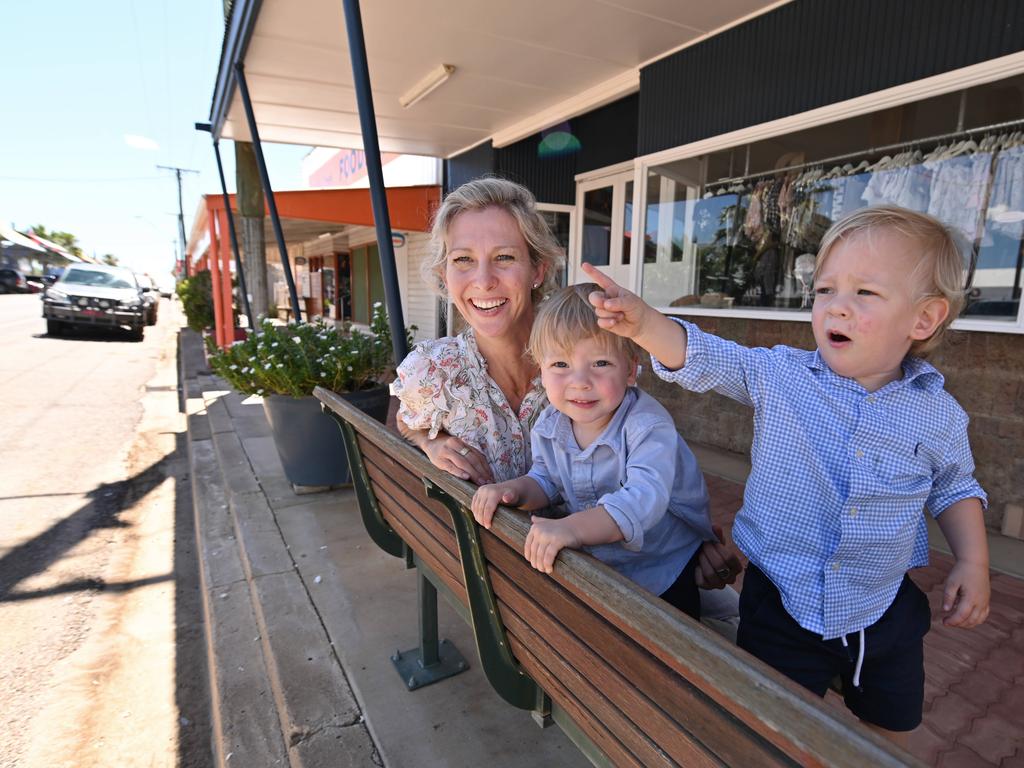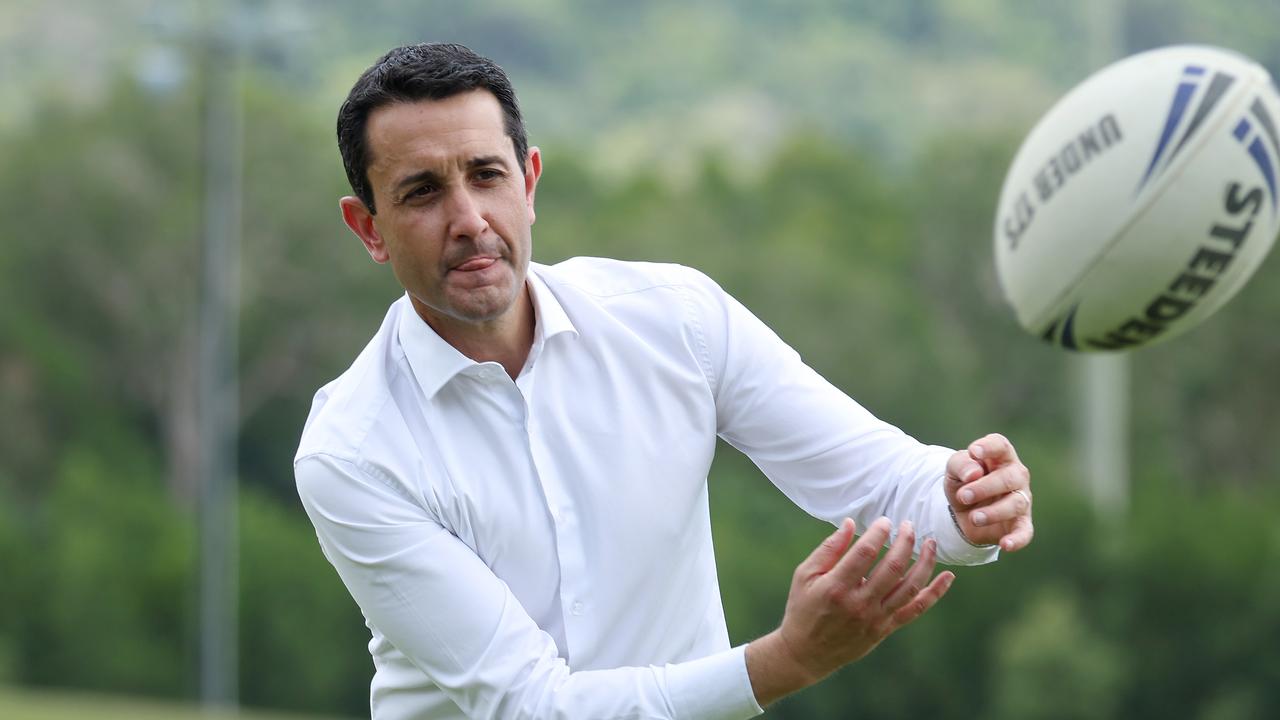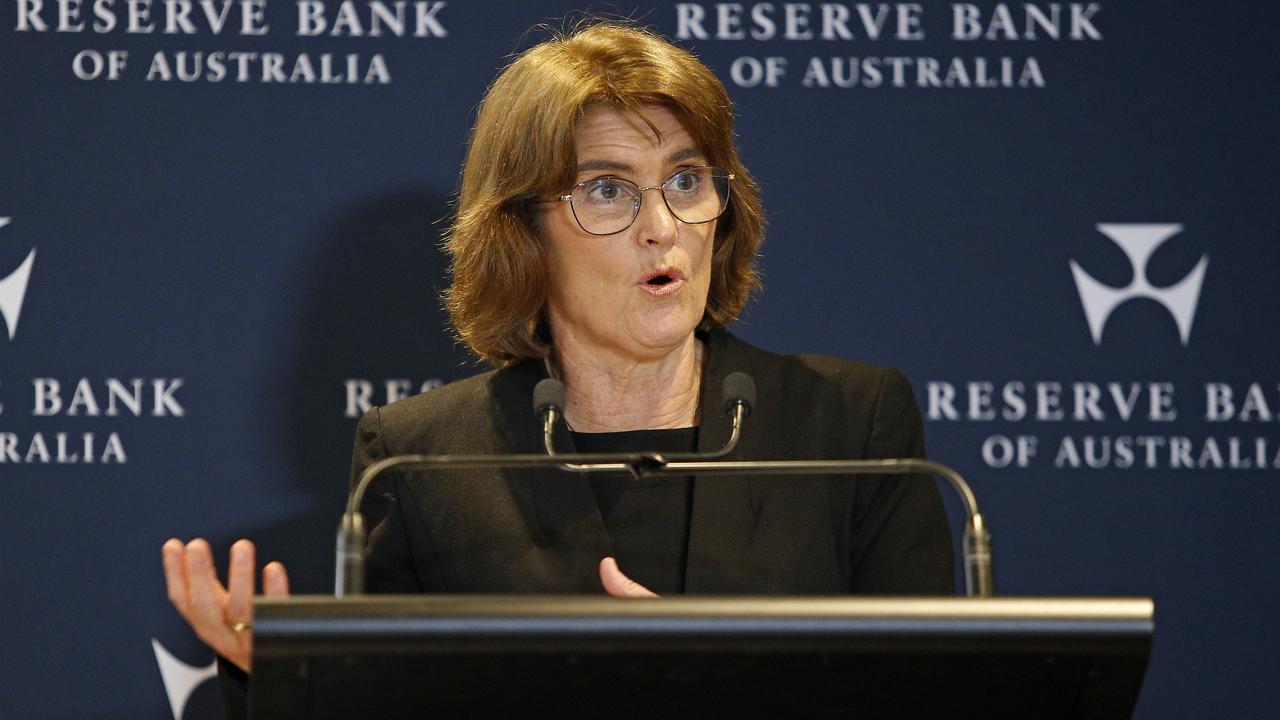ACTU warns of strikes as employers can’t source Covid-19 rapid antigen tests
The ACTU has threatened strike action unless employers vow to protect staff from Omicron and provide free rapid antigen tests.
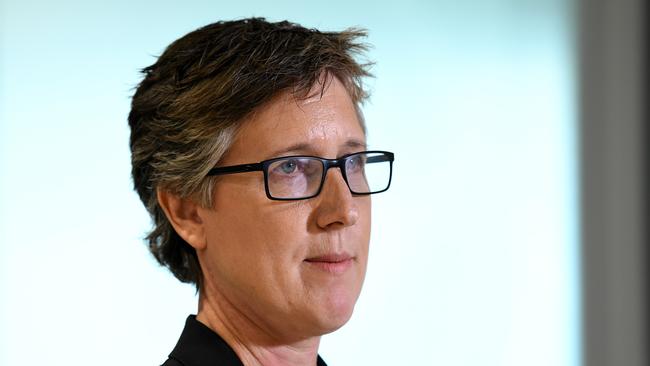
Business and unions are on a collision course over Covid-19 safety rules, with the ACTU threatening strike action unless employers vow to protect staff from contracting Omicron and provide employees with free rapid antigen tests, even as business groups seek more relaxed isolation and testing rules.
The ACTU released the demands after a meeting of union leaders, as key employer groups said business needed more flexibility to manage Covid-19 amid the ongoing crunch on the supply of RAT tests.
National Retailers Association chief executive Dominique Lamb called for relaxed isolation requirements of critical workers to be extended across all retail sectors including restaurants, cafes and clothing stores.
A survey of 7000 business owners by the National Retail Association found 86 per cent of retailers were unable to secure rapid antigen tests for their workers and 95 per cent of businesses were negatively impacted by the latest strain of Covid-19.
Sixty-five per cent of business owners registered lower casual staff levels and 60 per cent had reduced trading hours.
The respondents, of whom 80 per cent were small business owners, were concerned about their financial situation and ability to keep their company afloat.
“Retailers are telling us they simply are unable to obtain rapid antigen tests and that their staff are waiting hours and hours in lines waiting to get tested,” Ms Lamb said.
ACTU secretary Sally McManus released her demands after a crisis meeting of union leaders on Monday. Ms McManus attacked the “let it rip” approach of Scott Morrison and business, demanding every employer undertake a “new risk assessment for Omicron” that would include providing staff with free RAT tests, upgraded masks and improved ventilation.
“Unions will not hesitate to do whatever action is necessary to keep workers safe,” Ms McManus said. “This will include, if employers do not respond, stopping work.”
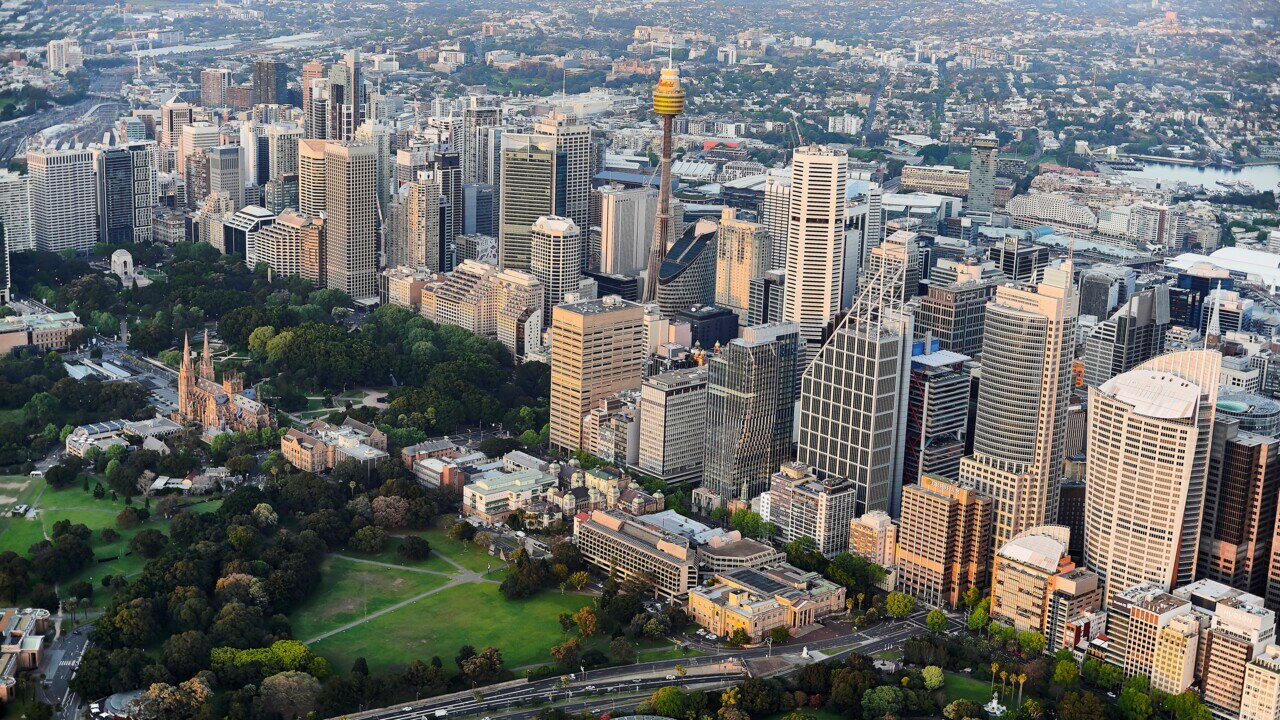
Josh Frydenberg remains optimistic about the economy. The Australian can reveal that, of the 2.3 million people who went on the Covid-19 Disaster Payment during the Delta lockdown last year, just 23,000 remain on welfare through the JobSeeker payment.
“In a sign of just how strong the jobs market is, only one per cent of the 2.3 million people who were on the Covid-19 Disaster Payment moved onto JobSeeker,” the Treasurer said. “While Covid-19 remains a real challenge Australians can have confidence about the underlying strength of the economy and year ahead.”
But retail giant Wesfarmers on Monday revealed the surge in Omicron cases had dampened the retail sector’s post-lockdown economic recovery, reporting trading conditions weakened in the last two weeks of 2021 and customer traffic to stores remained subdued during the first half of January.
Wesfarmers chief executive Rob Scott said staff absences due to the spread of Omicron had placed additional pressure on distribution centres and stores in some states, necessitating a reduction of trading hours.
“These issues are expected to persist while Covid-19 cases and the number of team members requiring to isolate remain elevated,” Wesfarmers told investors on Monday.
Rapid antigen tests are expected to remain scarce until February when Australia’s biggest pharmacy distributor, Sigma Healthcare, expects a “real jump” in supply.
Sigma is delivering tens of thousands of rapid antigen tests to its Amcal stores each week.
From next Monday, it will increase weekly deliveries to several million before distributing tens of millions of tests to pharmacies by mid-February.

In a pushback against calls from government and business to live with the Omicron wave, Ms McManus said unions would “not accept people going to work sick or infectious”.
“Employers will need to pay for and provide (RATs) in most workplaces where workers cannot work from home,” she said.
“Employers are also likely to need to upgrade masks, N95 or P2 masks and improve ventilation. This is absolutely essential.”
Australian Chamber of Commerce and Industry chief executive Andrew McKellar said small and family businesses did not have the “funds, capacity, or expert skills to implement a functional rapid-testing regime”.
“When many businesses are struggling to keep their doors open due to severe staff shortages, supply chain constraints and a sharp drop in consumer activity, now is not the appropriate time to saddle them with complex testing regulation and extra cost,” Mr McKellar said.
Australian Industry Group chief executive Innes Willox said the ACTU demands would inflame supply chain issues and business uncertainty. “The idea that employers should bear the costs for potentially limitless test kits is unworkable and demonstrates the lack of understanding of the pressures businesses are under,” Mr Willox said.
“Many businesses are struggling to survive and to preserve the jobs of their employees.”
The Australian Competition & Consumer Commission reported “significant concerns” about the price of rapid antigen tests after initial investigations found tests selling for up to $70 a test despite the wholesale costs of $3.95-$11.45.
The ACCC has engaged the Australian Federal Police after receiving over 1800 reports from consumers concerned about the price of rapid antigen tests since it first announced its probe in December. Evidence gathered by the ACCC included retailers failing to provide receipts or providing incorrect receipts to customers, reselling tests for a 20 per cent profit, demanding consumers pay cash or, in one case, falsely recording the sale of a test as a “sandwich”.
The Prime Minister denied accusations that he ignored warnings from the Australian Medical Association to secure more rapid antigen tests last September, saying the shortage was due to global supply issues.
Mr Morrison said rules introduced by national cabinet allowing workers in critical industries to leave isolation if they undergo daily testing had “alleviated” pressures on the supply chain.
“It’s been a very different virus,” Mr Morrison said. “It’s putting a lot of stress on our critical supplies, and we’ve made a number of changes to ensure we can try to alleviate that.”
Queensland Trucking Association chief Gary Mahon said a lack of rapid antigen tests continued to inhibit the supply chain, warning disruptions would continue for up to six weeks.
Independent Food Distributors of Australia chief executive Richard Forbes said close contact isolation rules for the hospitality sector were crippling businesses, with some restaurants in Sydney reporting losses of more than 50 per cent.
Additional reporting: Jared Lynch, Valerina Changarathil
More Coverage
Read related topics:Coronavirus


